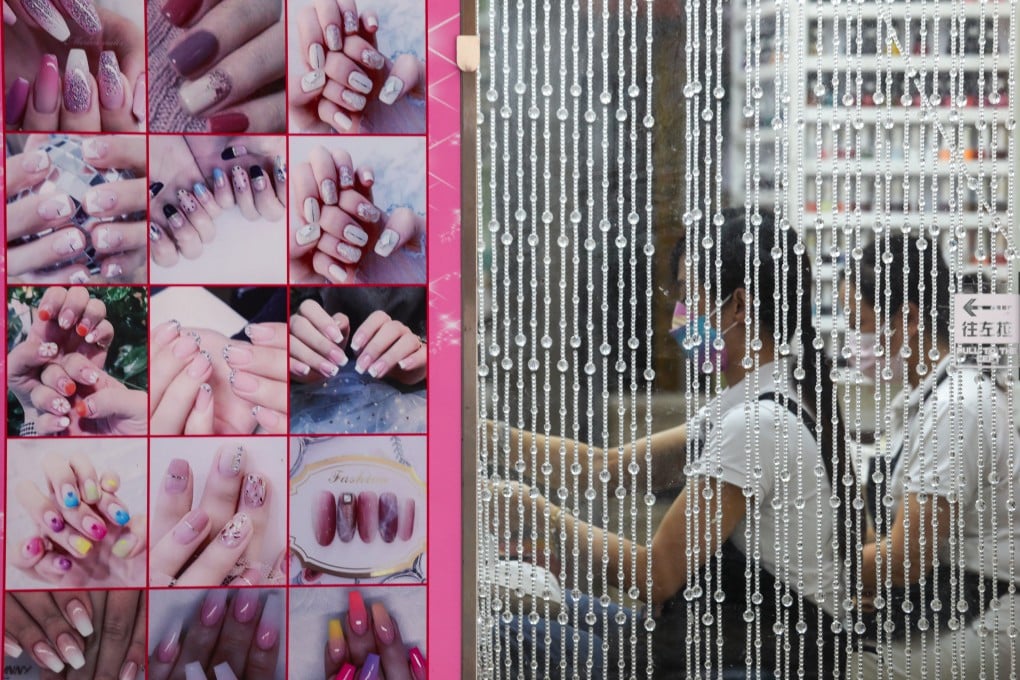Unscrupulous Hong Kong salons falsely using beauty federation’s name to scam customers
- Victims say staff members use high-pressure sales tactics to persuade them to pay more money for superior treatments

A trade group for Hong Kong’s beauty industry has warned that unscrupulous salons are falsely using its name to coax customers into switching locations and spending more money through high-pressure sales tactics.
The Federation of Beauty Industry had received a number of complaints from consumers over the past few months accusing it of recommending unreliable and dishonest salons to them, chairman Nelson Ip Sai-hung said on Thursday.
“We were very shocked to hear about it as well … this has never happened before,” he said.
Ip told a radio show that the number of cases in which customers were persuaded to switch locations only to find out upon arrival that the new salon was run by a completely different operator had been rising significantly.
“Staff told them their old salon was no longer in operation and that the Federation of Beauty Industry had arranged for them to come here instead,” Ip said.
“This is completely false … we realised our name was being misappropriated out there.”